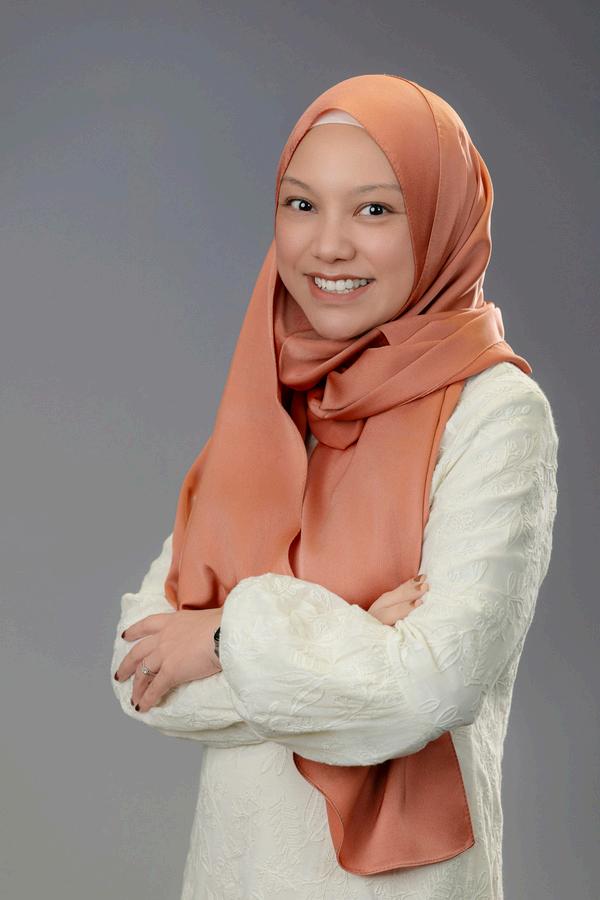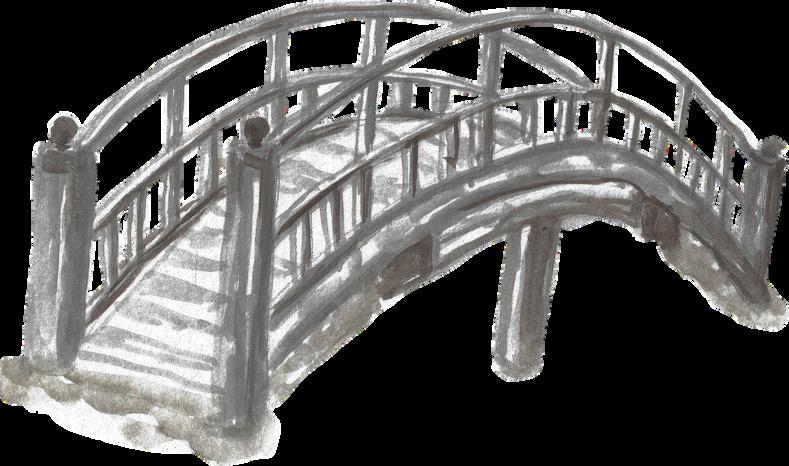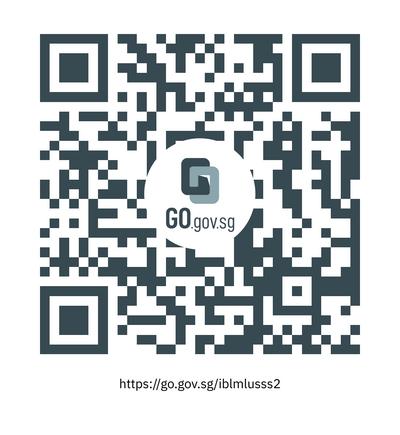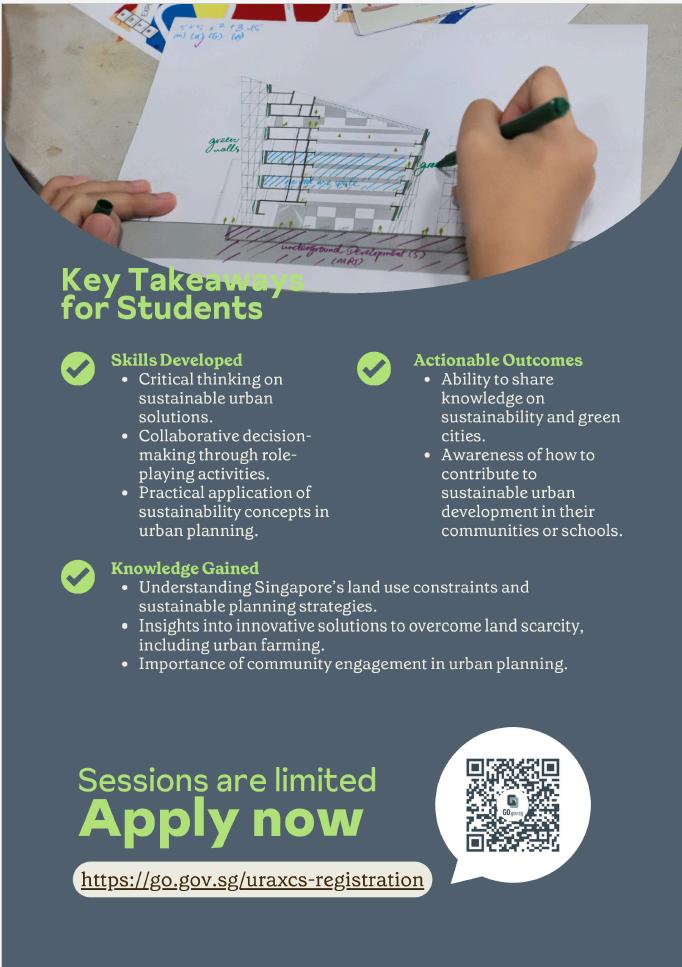

i ues explorer ss ss


We hope you find the articles in iSSues Explorer useful! If you would like to share any feedback or suggestions with us, or if you know of Social Studies teachers especially Beginning Teachers who are not receiving our e-newsletters or are not on our mailing list, please contact Ms Poonam Pathak at poonam pathak@moe gov sg
Dear Colleagues,
As a Social Studies educator, it has truly been a privilege to witness how the subject and our students have evolved over time. These days, our classrooms are more alive than ever. Students are more engaged and more willing to dive into meaningful discussions about the world around them.
At the same time, we are all aware of how challenging the world has become. The news that emerges nowadays is often divisive and issues are increasingly complex. Our students are navigating these diverse viewpoints daily. That is why the role we play as Social Studies educators is more important than ever. Beyond content, we are helping to develop critical thinkers who are informed, concerned and participative citizens of Singapore. Through our teaching, we prepare students to engage thoughtfully with complex social issues by evaluating information critically and appreciating the multitude of perspectives that come their way.
Stepping into my role as the new Assistant Director of the Social Studies (Secondary) unit, I am even more committed to this mission. Together with my team, we will do our very best to continue developing resources that will support your efforts in creating safe spaces where respectful discussions build greater understanding among students. I look forward to journeying alongside all of you, as we continue to shape this meaningful work together.
Yours truly,
WORDS OF APPRECIATION - FROM US to YOU
This Teachers’ Day, we celebrate you - the passionate educators who bring Social Studies to life and empower our students to make sense of an increasingly complex world. Through issues of governance, diversity and globalisation, you anchor learning in authentic contexts that reflect Singapore’s unique social fabric. Thank you for fostering critical thinking, empathy and active citizenship through every classroom discussion and inquiry.
Happy Teachers’ Day!


THINKPIECE: THE ROLE OF E21CC IN SOCIAL STUDIES
Volatile, Uncertain, Complex and Ambiguous (VUCA) – these aren't just buzzwords. They reflect the reality of our world today – from intensifying global concerns like climate change and interstate conflicts, to transformative technological shifts like the widespread adoption of artificial intelligence.
The future holds countless uncertainties. Thus, we face an unprecedented task: equipping students to face unforeseen challenges and preparing them for jobs that may not yet exist.
In this dynamic landscape, emerging 21st century competencies (E21CC) have become increasingly crucial. These competencies are essential in enabling our students to do more than simply cope – they empower our students to thrive in an ever-changing and increasingly VUCA world.

The Social Studies Advantage
Social Studies plays a vital role in developing these essential competencies. As a subject that supports inquiry into contemporary societal issues, it provides authentic opportunities for students to develop E21CC such as civic literacy, critical and adaptive thinking and communication skills –competencies that are needed to navigate our changing world.
Building Core Competencies Through Social Studies
The issues-based Social Studies curriculum naturally develops civic, global and cultural literacy as students examine complex questions about citizenship, governance, diversity, and globalisation. The exploration of real-world societal issues helps students understand and appreciate their roles and responsibilities in an increasingly complex world.
Social Studies develops E21CC in students as students cultivate critical thinking through source-handling skills. Teachers develop students to be critical and discerning consumers of information by teaching them to infer, compare perspectives, evaluate source reliability, detect bias, construct explanations, and draw reasoned, evidence-based conclusions.
Discussion-Based Inquiry: A Path to Enhanced Learning
One approach to the development of E21CC in Social Studies is the cultivation of critical thinking and communication skills through discussion-based inquiry. Discussion is commonly understood as an instructional strategy (i.e., teaching with discussion), where discussion is used as a pedagogical approach to facilitate students' construction of knowledge. However, discussion can also be understood as a subject matter (i.e., teaching for discussion), where students are purposefully equipped with the skills to discuss effectively.
Teaching for discussion not only facilitates students' inquiry into Social Studies content but also develops communication skills and critical thinking. Teachers achieve this by deliberately structuring discussions for students to (i) listen to and respond to their peers respectfully, and (ii) explore differing views before drawing reasoned, evidence-based conclusions.
However, for such discussions that develop critical thinking and communication skills explicitly, teachers need to:
identify a compelling issue for discussion and select rich sources of information that students can use to engage in discussion; and choose a discussion strategy and prepare facilitation questions that can guide students to think about and evaluate the issue critically from multiple perspectives.
Making Thinking Visible
Another approach to developing E21CC in Social Studies is through visible thought processes. Teachers can use thinking routines that provide students with frameworks to articulate their thoughts. For instance, the “What Makes You Say That?” routine prompts students to explain their reasoning and provide evidence for their claims, thereby promoting critical thinking. Thinking routines such as “I used to think... Now I think...” enable students to recognise how their understanding has evolved, nurturing both metacognition (part of critical thinking) and adaptive thinking.
What makes you say that? I use to think... Now I think...
From Classroom to Citizenship - Future-Ready Learners
As our world continues to change in unexpected ways, Social Studies serves as a vital platform for developing the competencies our students need. Through purposefully structured discussions and visible thinking strategies, students learn to examine complex issues critically, adapt their understanding when encountering new perspectives, and communicate their ideas effectively. These competencies, developed through authentic engagement with real-world issues, prepare our students to both navigate and shape an uncertain future.
Developing E21CC Through Discussion-based Inquiry and Visible Thinking Strategies
The following lesson ideas provide practical approaches for teachers to develop students’ critical thinking, adaptability and communication skills. Through discussionbased inquiry and visible thinking strategies, students engage meaningfully with the Social Studies curriculum. These lesson ideas create opportunities for students to strengthen their E21CC to thrive in an increasingly complex and interconnected world.
Lesson Idea 1: Socratic Seminar on Chapter 7: How Can We Respond to Diversity in Society?
E21CC Focus:
CAIT 1: Exercises sound reasoning and decision-making 1
2
CCI 1: Effectively communicates information and co-constructs meaning
CCI 2: Engages empathetically with diverse perspectives
3
CGC 5: Aware of and appreciates the cultural background and identity of self and others
CGC 6: Shows sensitivity and openness in interactions with people from diverse social, cultural and religious communities to promote social cohesion
In Chapter 7: How Can We Respond to Diversity in Society?, students examine citizens’ responses to socio-cultural diversity through a case study of a local influencer’s social media post and its public reception (Secondary 3 coursebook, pages 184–186). Students work collaboratively to discuss, listen, interpret, analyse and reflect on the different responses illustrated in the article, deepening their understanding of this societal and public issue.
Refer to pages 194–201 of the Teaching and Learning Guide for more information on Socratic Seminars.
Lesson Idea 2: Structured Academic Controversy (SAC) on Chapter 3
How Do We Decide What is Good for Society?
E21CC Focus:
CAIT 4: Manages complexities and ambiguities by adjusting one’s perspective and strategies
CAIT 6: Evaluates and refines ideas to formulate novel and useful solutions
CCI 3: Interacts and works effectively in groups settings to contribute to shared goals
CCI 4: Collectively defines and negotiates roles and tasks determined by the group to achieve its goals
CGC 1: Demonstrates understanding of values, ideals and issues of personal, community and national significance
The Structured Academic Controversy (SAC) model examines the Cross Island Line (CRL) project in Chapter 3: How Do We Decide What is Good for Society? (Secondary 3 coursebook, pages 78–81). Through this case study, students examine how the government evaluates and manages trade-offs in policy decisions.
Refer to pages 202–206 of the Teaching and Learning Guide for more information on Structured Academic Controversy (SAC).
Lesson Idea 3: Making Thinking Visible Using 3-2-1 Bridge
E21CC Focus:
CAIT 2: Uses metacognition to enhance, monitor and regulate thinking
CAIT 3: Assesses different contexts and situations in order to make connections and draw new insights
CGC 3: Aware of global issues, interconnections, and trends, and forms informed perspectives on them
The 3-2-1 Bridge helps students uncover their initial thoughts, ideas and questions about an issue, then connect these to new understandings developed through learning activities. Students reflect on how and why their perspectives have changed, thus building bridges between new ideas and prior knowledge. This strategy enables students to recognise and analyse their learning progression.
Refer to page 161 of the Teaching and Learning Guide for more information on 3-2-1 Bridge.

[UPDATED] Guide to administering e-School based Assessment for N(A) Social Studies (SS) Paper 1 on SLS

LAUNCH

SERIES ON INQUIRY-BASED LEARNING (IBL)
Empowering Social Studies teachers
to cultivate a culture of
inquiry in the classroom
To strengthen teachers’ capacity to facilitate Inquiry-Based Learning (IBL), we are excited to launch a 5-part MLU video series. This series is designed to deepen understanding of IBL and equip teachers with practical strategies to build and sustain a culture of inquiry in the Social Studies classroom. Each MLU focuses on a stage of the inquiry process and showcases strategies with examples for implementation in the classroom.
Why Inquiry-Based Learning (IBL)?
Inquiry-based Learning is the recommended pedagogy for Social Studies. It: Develops critical thinking and reasoning
Encourages metacognitive processes
Strengthens communication skills
Prepares students for 21st century citizenship
Supports discussion of real-world societal issues
Scan the following QR codes to access each MLU!
Each QR code will take you directly to a short, focused video that introduces practical strategies aligned with a stage of the inquiry process. Watch how these strategies come to life in the classroom and discover how you can adapt them to build and sustain a strong culture of inquiry in your Social Studies lessons.
Part 1: Introduction to IBL Focus: What is IBL?

Part 2: Sparking Curiosity Strategies: Word Sort, Take a Stand

Part 3: Gathering Data
Strategies: Self-questioning Taxonomy, Fact Pyramid

Part 4: Exercising Reasoning Strategy: Six Thinking Hats

SSS Wikipage
On this webpage, you will find more useful resources for the teaching and learning of Social Studies for the E/NA and N(T) syllabuses Access the Wikipage HERE or scan the QR code.
Part 5: Reflective Thinking Strategies: 3-Minute Pause, Carousel Brainstorming



HDB guided LIVINGSPACE tours: 16 August 2025 (Saturday)

Learning Journey Opportunities for Students

Learning Journey Opportunities for Students

